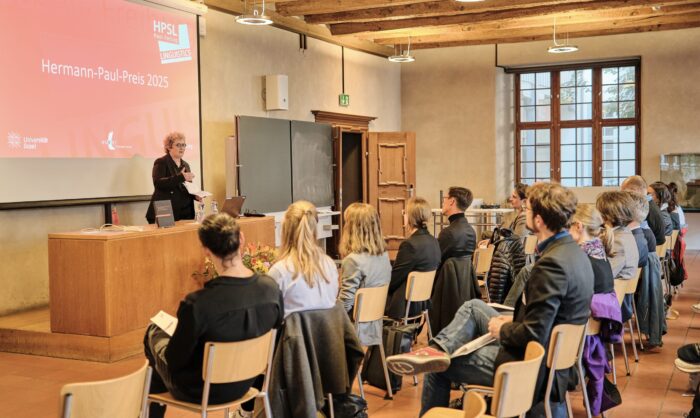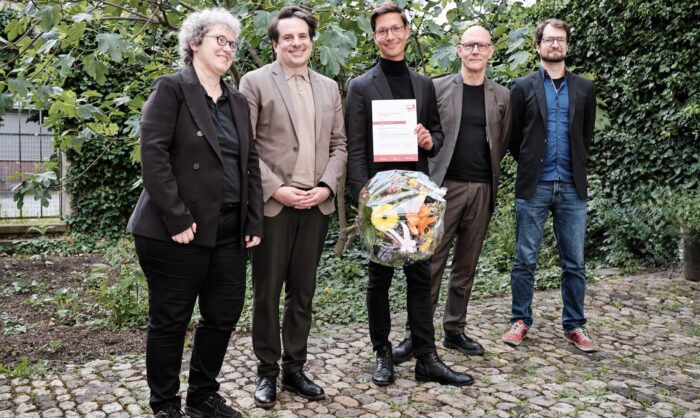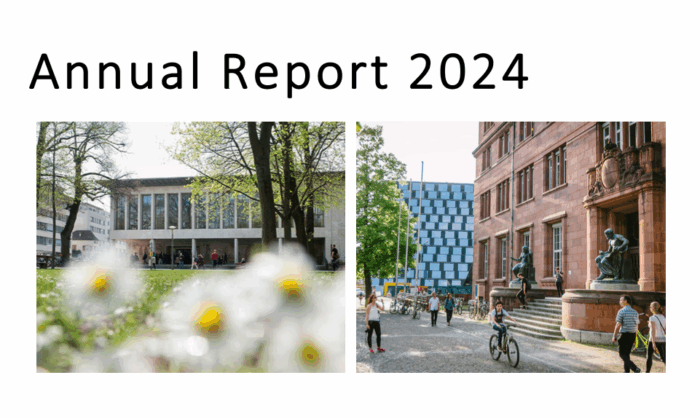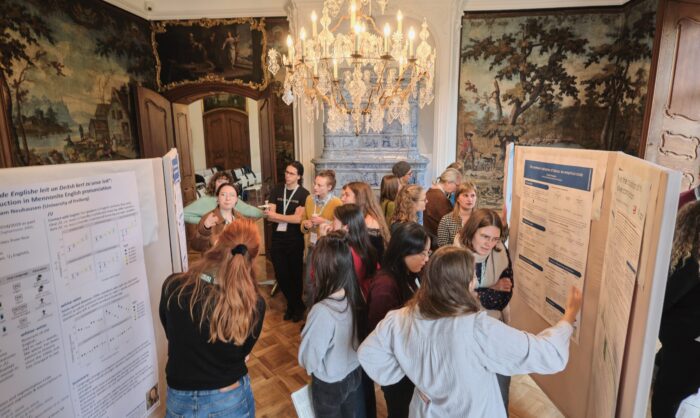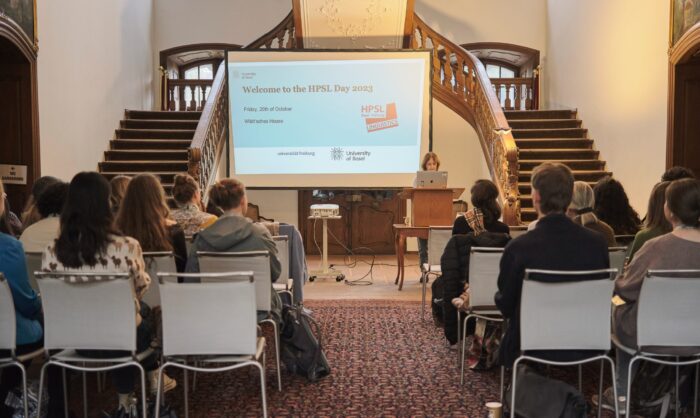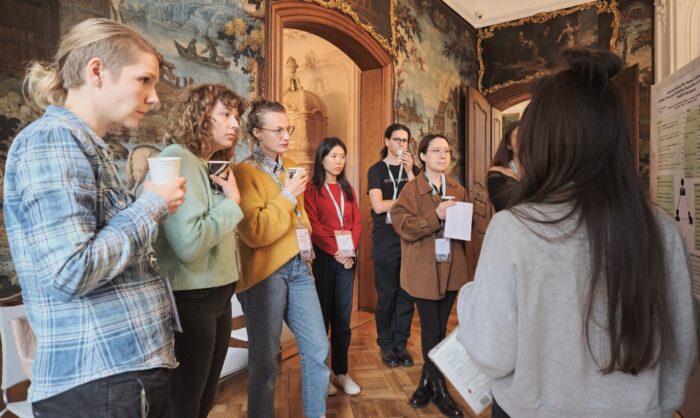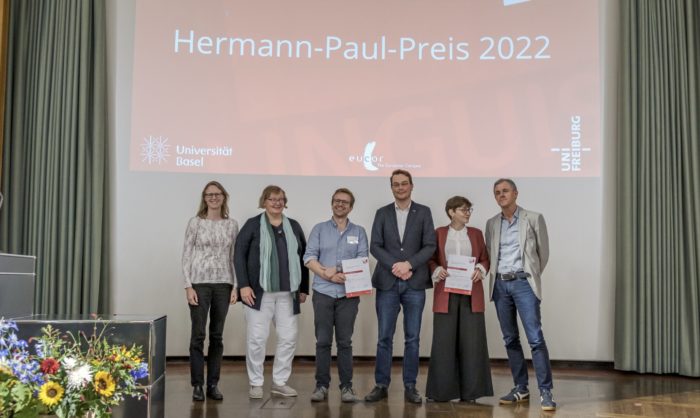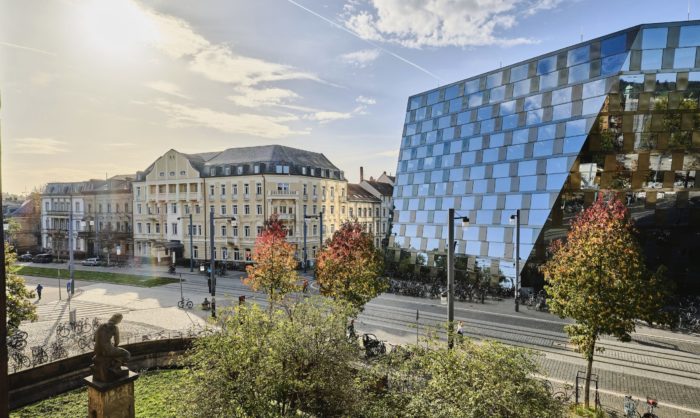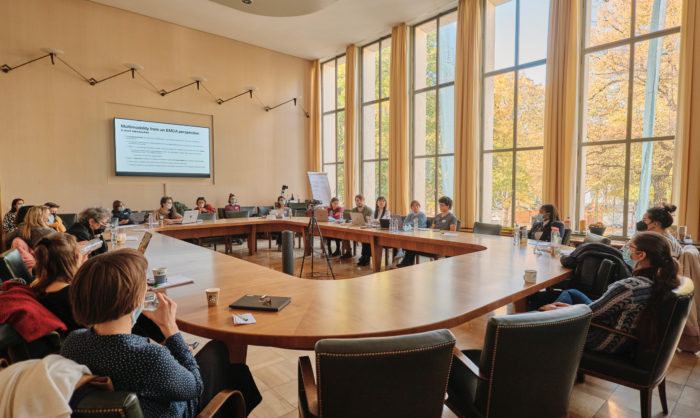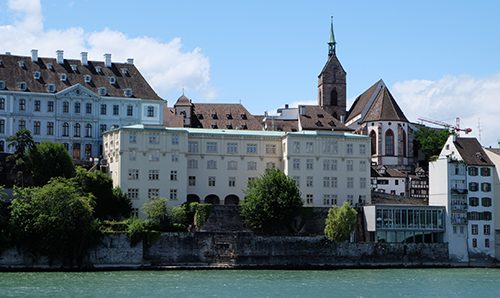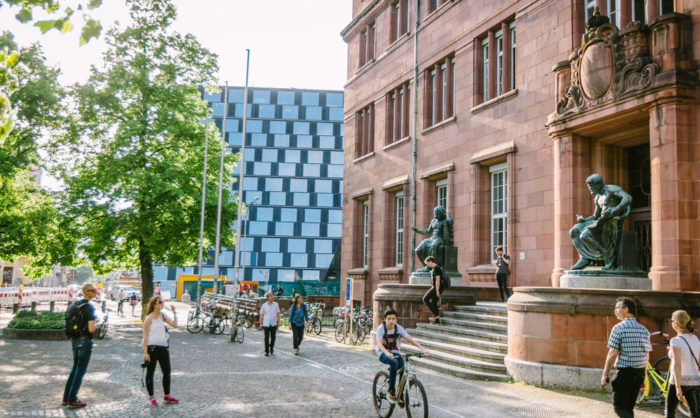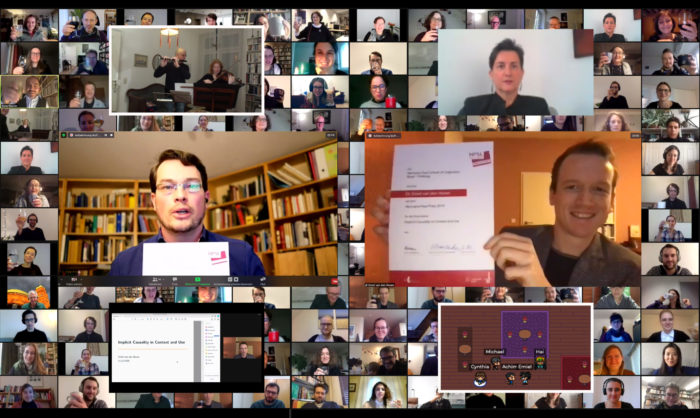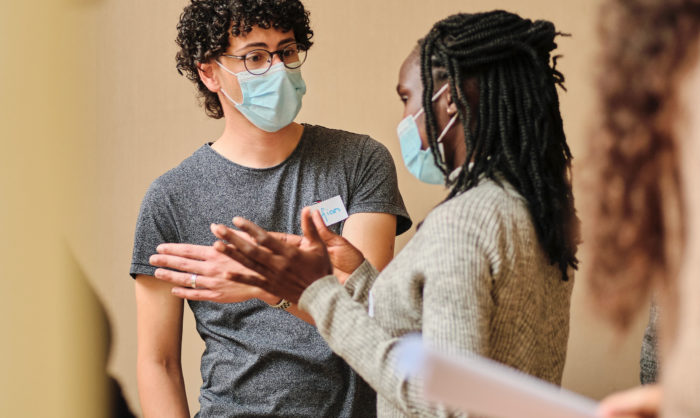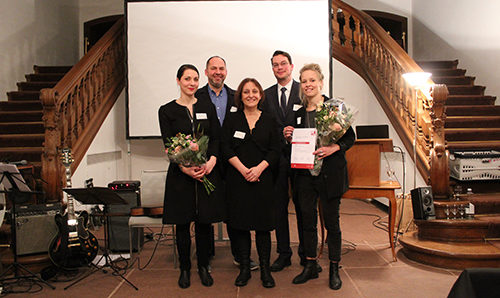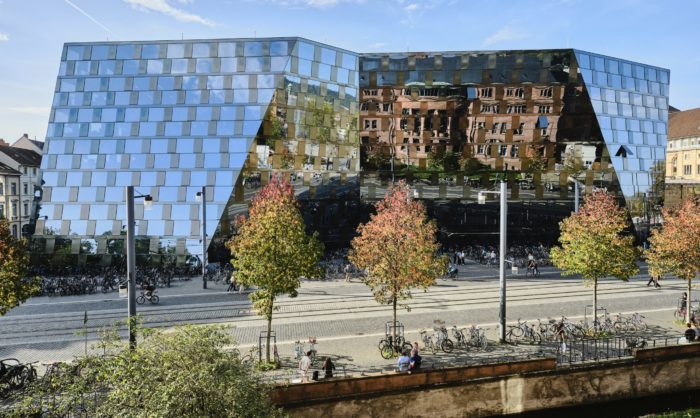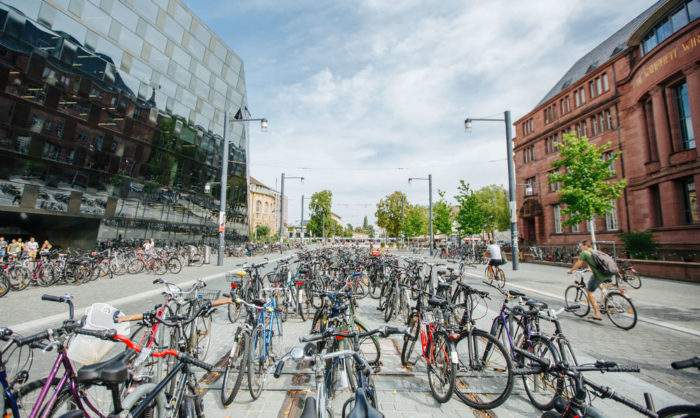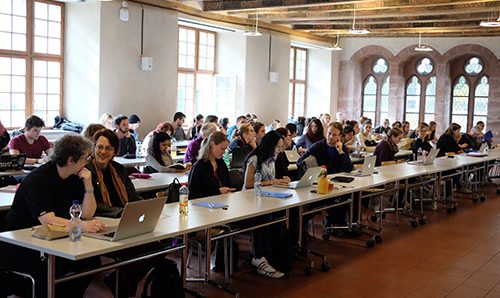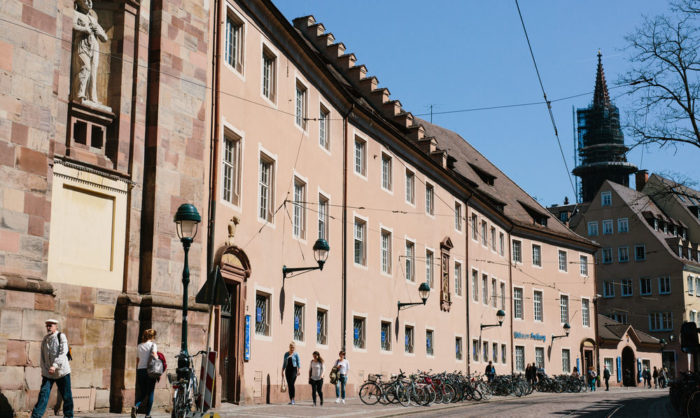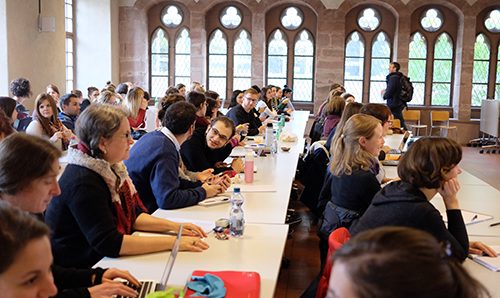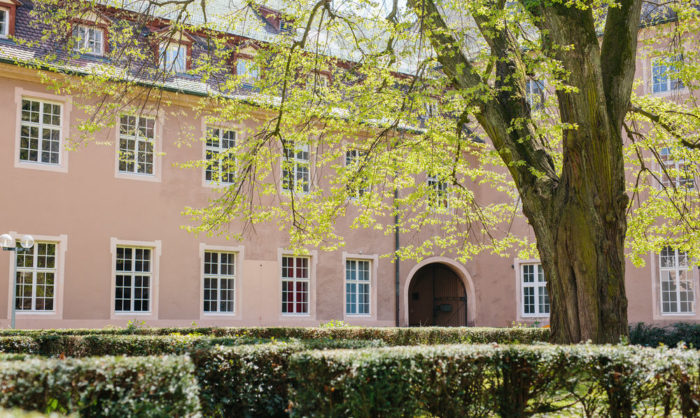Your School of Linguistics
The Hermann Paul School of Linguistics Basel-Freiburg (HPSL) provides an international and interdisciplinary program in state-of-the-art research in language sciences. The concept of the school was developed in close collaboration between the participating institutions and researchers (cf. press coverage on the founding idea and assessment in unicampus 03/2014; see also our interim balance after 10 years), and builds on our experience with different formats of PhD programs that have received support from various funding agencies (e.g. DFG research training groups, SNF ProDoc).
The HPSL promotes research in a variety of disciplines, and builds on the expertise of well-established researchers from both universities and their international networks. We acknowledge the different hiring and qualification policies in the fields involved and aim to teach to the best research, presentation and publication standards, ensuring that our PhD candidates and Postdocs have the qualifications they need for the job market. At the same time, we bridge the boundaries between subjects, methods, and traditions to create a vibrant atmosphere of true interdisciplinary exchange and inspiration.

